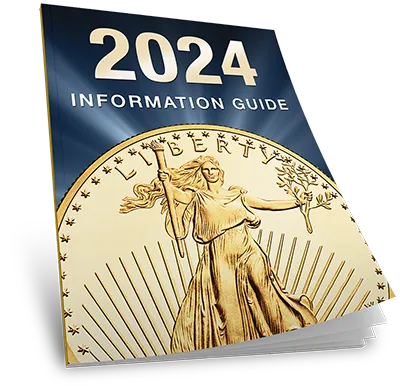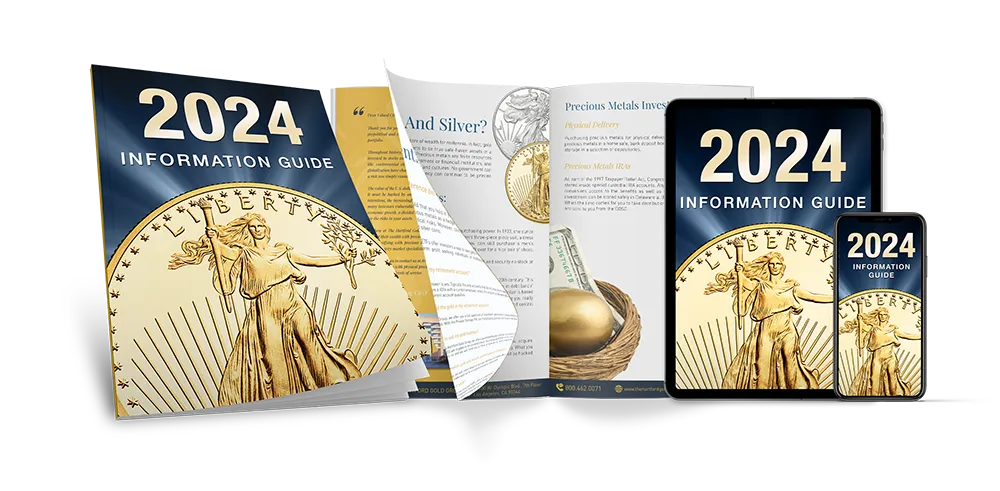If the old saying, “history repeats itself” holds true, then now may be a great time to start paying attention to what’s going on around us.
Historically, we are revisiting inflation levels not seen since 2008.
And we are all too familiar with how the years following that period of time treated us.
Millions of Americans felt helpless and without power even when they were able to voice their concern over the rising inflation prices, little to absolutely no action was taken.
This, however, wasn’t always the case.
Dating back even further than the 2008 crisis, just a few decades ago to 1966, a time where we knew when enough was enough- the protest that later became known as the “housewife revolt” took place.
The canaries in the coal mines so to speak, as these foot soldiers sitting on the front line were the first to notice the creeping rise of inflation where it first usually occurs, through the cost of goods.
The decade-long movement led by mostly middle-class women with children drove an uprising in protests across the country.
The passion for preserving and protecting our country and our citizens was so strong that their voices couldn’t be silenced.
The inflation that plagued us in the 1960s and 1970s (the same inflation that caused two deep recessions, which eventually led to a paradigm shift in our thought process around it) did not just happen overnight.
It occurred through the way of years of policy missteps, from both political parties.
Stephen Cecchetti, a Brandeis University economics professor who worked in the White House Council of Economic Advisers in 1979-80, made the following comment on inflation:
“The problem is when policymakers are too slow to respond to their mistakes.”
In more recent times, we have seen talks of increasing the minimum wage to more than double what they were just a decade ago.
While this may seem like a plausible fix to some, it is exactly what created the term “wage-price spiral” back in the 60s and 70s.
In short, employers would grant higher wages, but almost simultaneously, businesses would increase their cost of goods.
Another similar limiting belief that inflation would fall once unemployment rose was also disproven as both increased, which coined the new term, “stagflation.”
Simply put, when inflation is expected, the markets and citizens act as though it already came to fruition, thus speeding the process up.
The then Federal Reserve chairman Arthur Burns admitted defeat when he told leading bankers, “It is illusory to expect central banks to put an end to the inflation that now afflicts the industrial economies…”
The dilemma wasn’t that they were incapable of doing it, but that politics made it impossible to achieve the goal.
Will Americans be protesting in the streets again? If only policymakers heed the lessons of the past.
If history does repeat itself, then the Federal Reserve Bank of New York’s recent report revealing that Americans fear the highest inflation in over a decade might be something worth deliberating…
Call American Hartford Gold today at 1-800-462-0071, where we use history to learn and protect our wealth.






